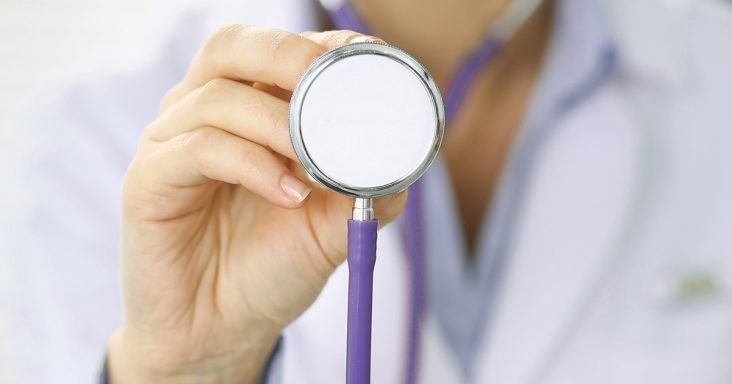UA professor to study bias with $3.4 million federal grant
by October 22, 2024 11:54 am 856 views

Anastasia Makhanova, a psychology professor at the University of Arkansas, has been awarded a $3.4 million grant from the National Institutes of Health. She will use the money to lead a five-year study on how stress and illness may cause bias in healthcare workers.
“Most people tend to focus on individual differences when it comes to looking at bias,” Makhanova said. “There’s been a lot less attention to the fact that the same people can make more biased decisions in particular situations.”
Research shows that, on average, patients from racial and ethnic minority groups receive worse care than white patients. By identifying situations that could cause a medical provider to act with increased bias, Makhanova’s research can show health care workers the more effective times to use existing anti-bias strategies. The results could also lead to systematic changes that reduce burnout and encourage health care providers to not work when they are sick.
Makhanova is collaborating with five other universities and hospitals, including the University of Arkansas for Medical Sciences, to track how health care workers treat patients with abdominal pain, a complaint without a standard treatment plan. Past research shows that Black and Latino patients receive less pain treatment than white patients when reporting the same level of abdominal discomfort.
Makhanova’s preliminary research has shown that inflammation can also increase bias.
In the study, health care workers will take a psychological test to measure bias before receiving a flu vaccine. They will retake the test 24 hours later when the vaccine causes a rise in cytokines, the proteins that increase inflammation in the body.
The grant will be administered by NIH’s National Institute on Minority Health and Health Disparities. UA co-investigators on the project include Julia Bridges of the Department of Psychology and Michelle Gray of the Exercise Science Program.
